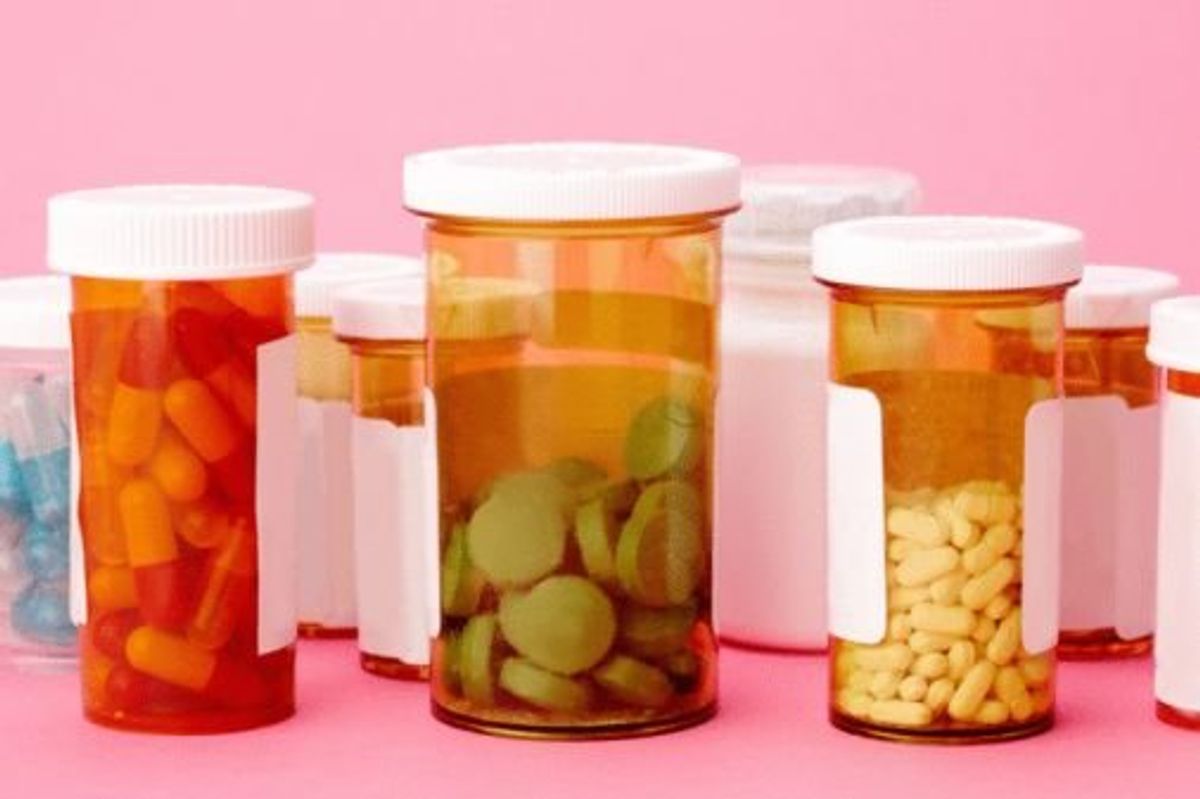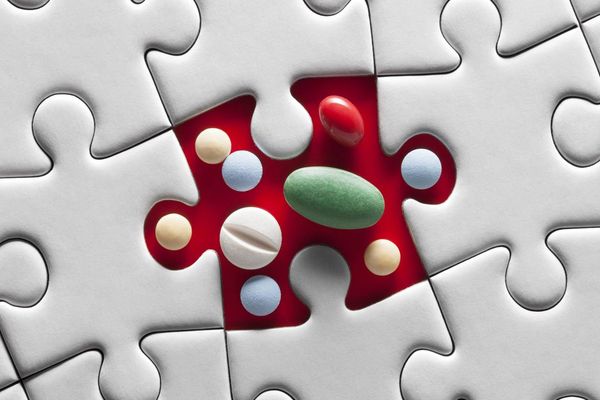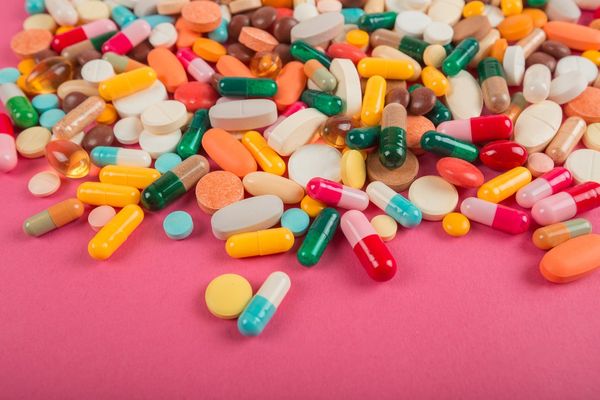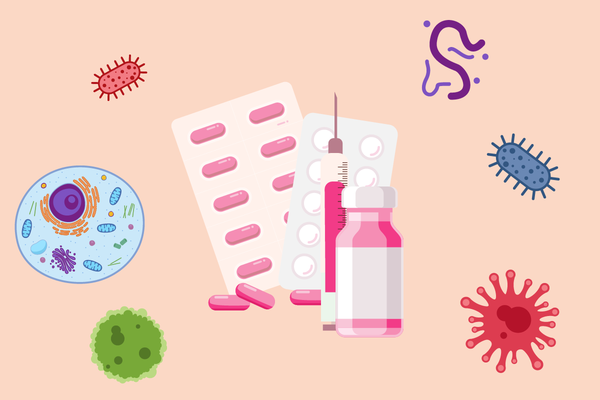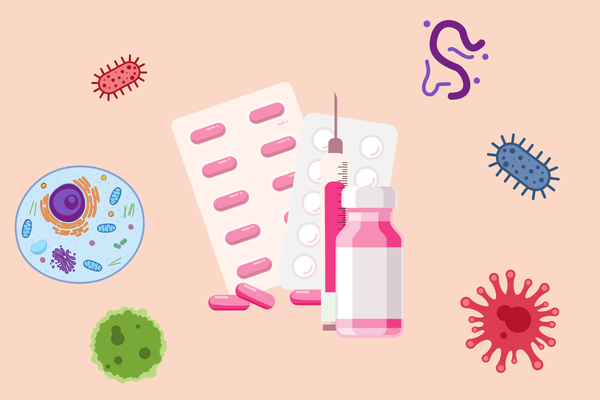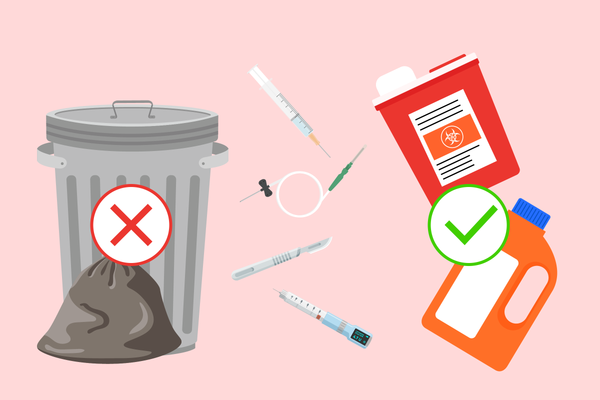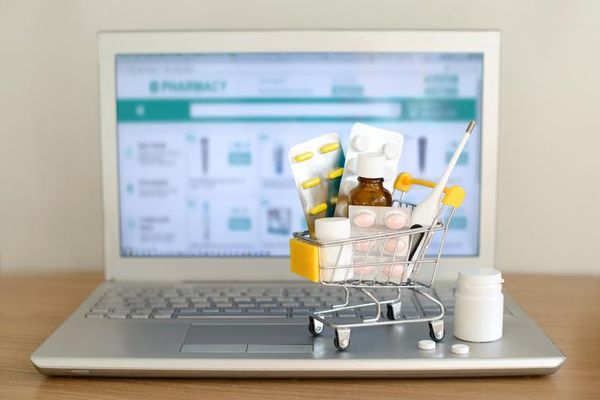If your medicine cabinet is out of control and prescription drugs seem to be creeping onto countertops and into nooks and crannies around the house, it's time to take action and safely dispose of your stash of unwanted and unused medicines.
You may think unused and outdated medicines are just a nuisance, but they can present a real danger through drug abuse or accidental overdose. Prescription drugs were involved in more than 20,000 overdose deaths in 2008, more than half of the total 36,450 overdose deaths that year, according to a recent study. If children live in or visit your house, it's even more important to make sure the drugs you need are safely stored and the ones you don't need are disposed of safely.
Many years ago, when I was a young child, the little brother of a friend of mine got mad because we weren't playing with him. He went in the bathroom, climbed on the toilet, then climbed on the sink, opened his medicine cabinet, and ate a bottle of children's aspirin. Fortunately, his mother got him to the hospital quickly, and he recovered. But not all kids are so lucky. It was a lesson to me that even when you think your medicines are safely stored and out of the reach of children, some children can be very determined, and it only takes a minute for an accident to occur.
A study published in Annals of Emergency Medicine reported that nearly 10,000 very young children accidentally ingested opiates prescribed for adults in their household between 2003 and 2006.
The American College of Emergency Physicians, sponsor of the national challenge, suggests you inventory all the medicines in your household, both prescription and over-the-counter, and get rid of any that you aren't using or that have expired.
Forty-four states, the District of Columbia and two Native American nations are participating in the drug disposal event. Go to https://www.americanmedicinechest.com/ to find out if there is a disposal location near you. If there isn't, the event is still a good reminder to dispose of your medicines safely and to take the five-step American Medicine Chest Challenge:
- Take inventory of your prescription and over-the-counter medicine.
- Secure your medicines.
- Dispose of your unused, unwanted and expired medicines at an American Medicine Chest Challenge disposal site or in the trash as outlined below.
- Take your medicine(s) exactly as prescribed.
- Talk to your children about the dangers of drug abuse.
Here are the federal guidelines for safe disposal of prescription medications:
- Take prescription drugs out of their original containers.
- Mix the drugs with an unappealing substance, such as cat litter or used coffee grounds.
- Put the mixture in a disposable container with a lid or in a sealable bag.
- Conceal or remove any personal information, including the prescription number, on the empty container by covering it with black permanent marker or duct tape or by scratching it off.
- Place the sealed container with the mixture and the empty drug containers in the trash.

